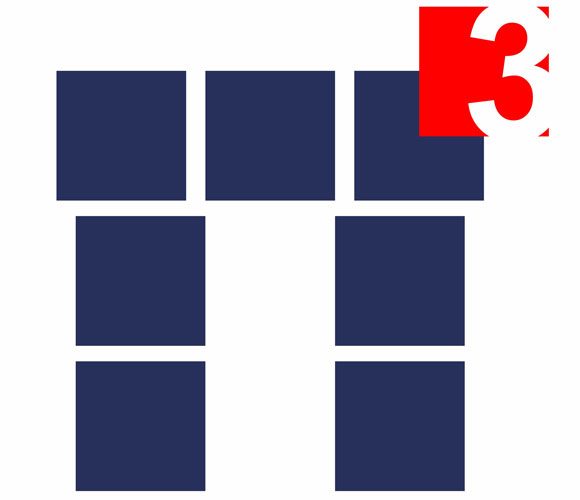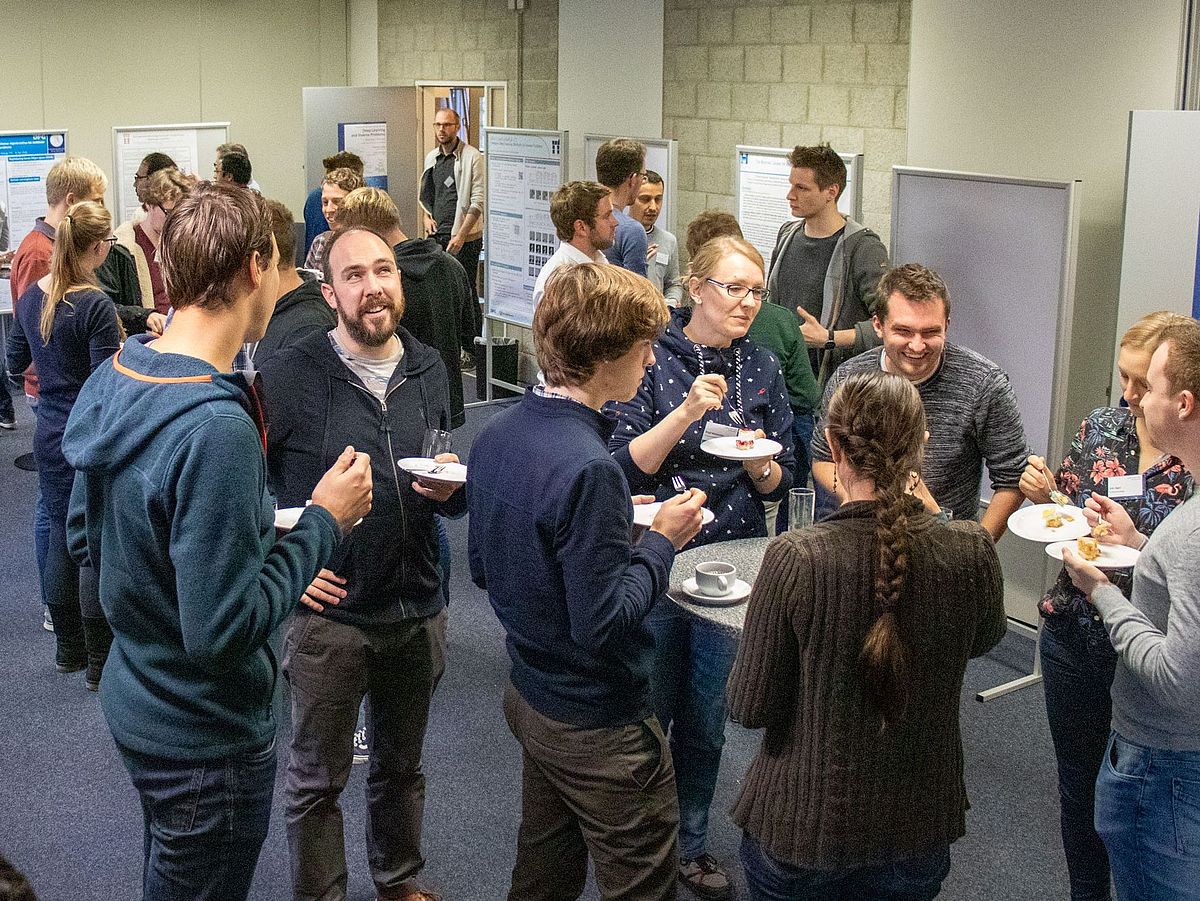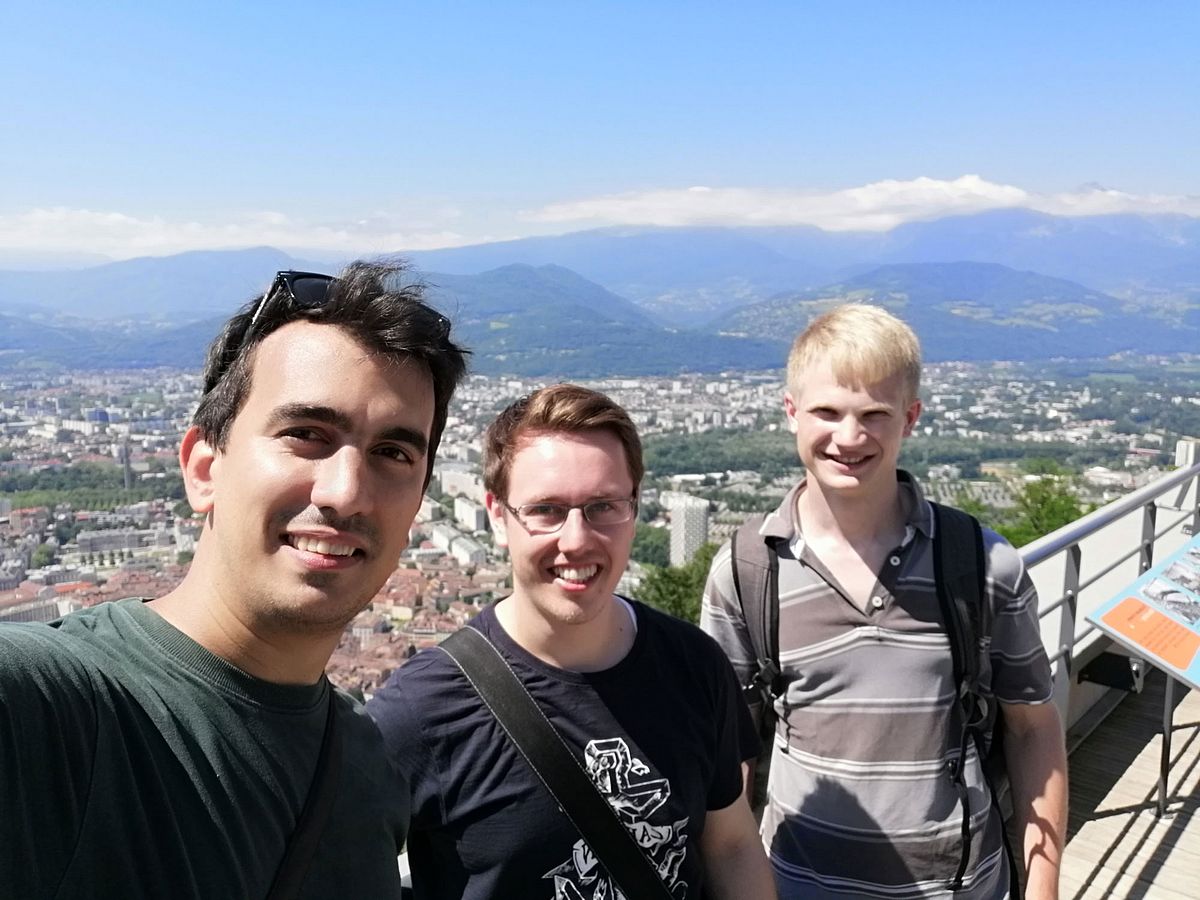Scientific networking
Strengthening the communication skills of the PhD students, such that they are able to start creating their own research networks, is an important part of the qualification concept of the RTG π3.
First of all, concerning measures inside the group, the PhD students are communicating and collaborating regularly in the reading courses (as part of the study program), in the biweekly RTG research seminar, and, most important, in their study groups. This is accompanied by an annual winter retreat: an extended weekend off-campus that brings together only the PhD students. During these winter retreats all achievements of the last year will be reviewed internally. This will allow the students to reflect their progress and to make suggestions for the subsequent year with regard to the PhD projects as well as the qualification programme.
Moreover, every PhD student is encouraged to present first research results on conferences, starting nationally and to be continued on an international level, as far as the results are competitive. Another occasion for meeting internationally well-known experts are the RTG summer schools, where the PhD students have the opportunity to present their results and discuss open problems.
In addition, the RTG is a member of the Minds, Media, Machines Integrated Graduate School (MMMIGS), which serves as a hub for already established structured doctoral programs and offers several networking opportunities for the PhD students in the RTG.
Last but not least, in the final year the PhD candidates may realise an internship (2-4 months) at a partner institute of the RTG π3.

Guest program
The most notibly part for networking ist the RTG's guest program. In order to guide the PhD students on their way to becoming independent researchers on an international scale, the RTG provides a stimulating environment by inviting leading experts from all over the world to Bremen. They present distinguished lectures and survey talks; moreover, the PhD students will have the opportunity to present their results and discuss open problems with the international guests. To this end, various excellent experts of the different research areas of the RTG have already expressed their interest in visiting the RTG, most of them are colleagues with long-standing relationships to Bremen who are expected to come regularly. PhD students are encouraged to suggest further visitors. Furthermore, these experts and their institutes are perfect sites for a long-term research stay of the RTG students.
Prof. Simon Arridge (Centre for Medical Image Computing, University College London, UK) plays a central role in the guest program. Simon Arridge is best known for his contributions to optical tomography and hybrid imaging. He is a world leading expert for inverse problem techniques in general with distinct profile to applications in medical imaging. Simon Arridge has visited Bremen several times, e.g. for delivering talks at the summer schools (Autumn School 2019 - Deep Learning and Inverse Problems, Summer School 2017 - Inverse Problems and Imaging). Moreover, he co-supervised the thesis of Pascal Fernsel (1st cohort) and he is involved in the PhD project on computerized tomography of Johannes Leuschner and Maximilian Schmidt (2nd cohort). This is funded by the German Science Foundation DFG as a Mercator fellowship.




